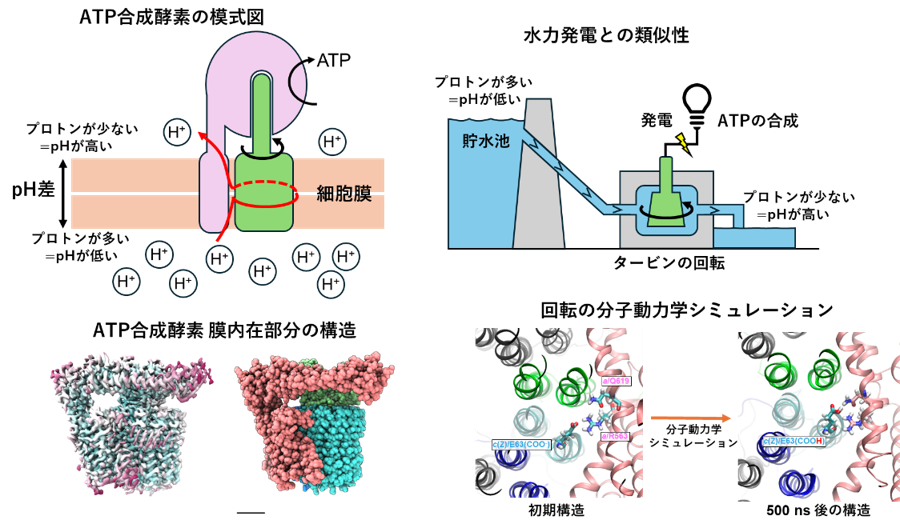2024-11-21 エディンバラ大学
<関連情報>
- https://www.ed.ac.uk/news/2024/tantrums-in-children-could-be-linked-to-adhd
- https://www.cambridge.org/core/journals/development-and-psychopathology/article/early-emotion-regulation-developmental-trajectories-and-adhd-internalizing-and-conduct-problems-symptoms-in-childhood/4116A3DABB3C1E9637D064DFACE94DC3
ADHD(注意欠陥多動性障害)、内面化障害、行動障害と早期感情制御の発達的軌跡 Early emotion regulation developmental trajectories and ADHD, internalizing, and conduct problems symptoms in childhood
Aja Louise Murray,Amanda Russell and Francisco Antonio Calderón Alfaro
Development and Psychopathology Published:16 September 2024
DOI:https://doi.org/10.1017/S0954579424001263
Abstract
Emotion dysregulation is considered a transdiagnostic factor with importance for a range of neurodevelopmental and mental health issues, including attention deficit hyperactivity disorder (ADHD) symptoms, internalizing problems, and conduct problems. Emotion regulation skills are acquired from early in life and are thought to strengthen gradually over childhood. Children, however, acquire these skills at different rates and slower acquisition may serve as a marker for neurodevelopmental and mental health issues. The current study uses the UK Millennium Cohort Study, a large longitudinal study to evaluate whether developmental trajectories of emotion regulation across ages 3, 5, and 7 predict levels of ADHD symptoms, internalizing problems, and conduct problems at age 7. Both higher initial levels of and slower reductions in emotion dysregulation across ages 3, 5, and 7 predicted higher ADHD symptoms, conduct problems, and internalizing problems at age 7 in both male and female children. Our findings suggest that monitoring trajectories of emotion regulation over development could help flag at-risk children. Additionally, supporting the acquisition of emotion regulation skills in this critical period could be a promising transdiagnostic preventive intervention.



